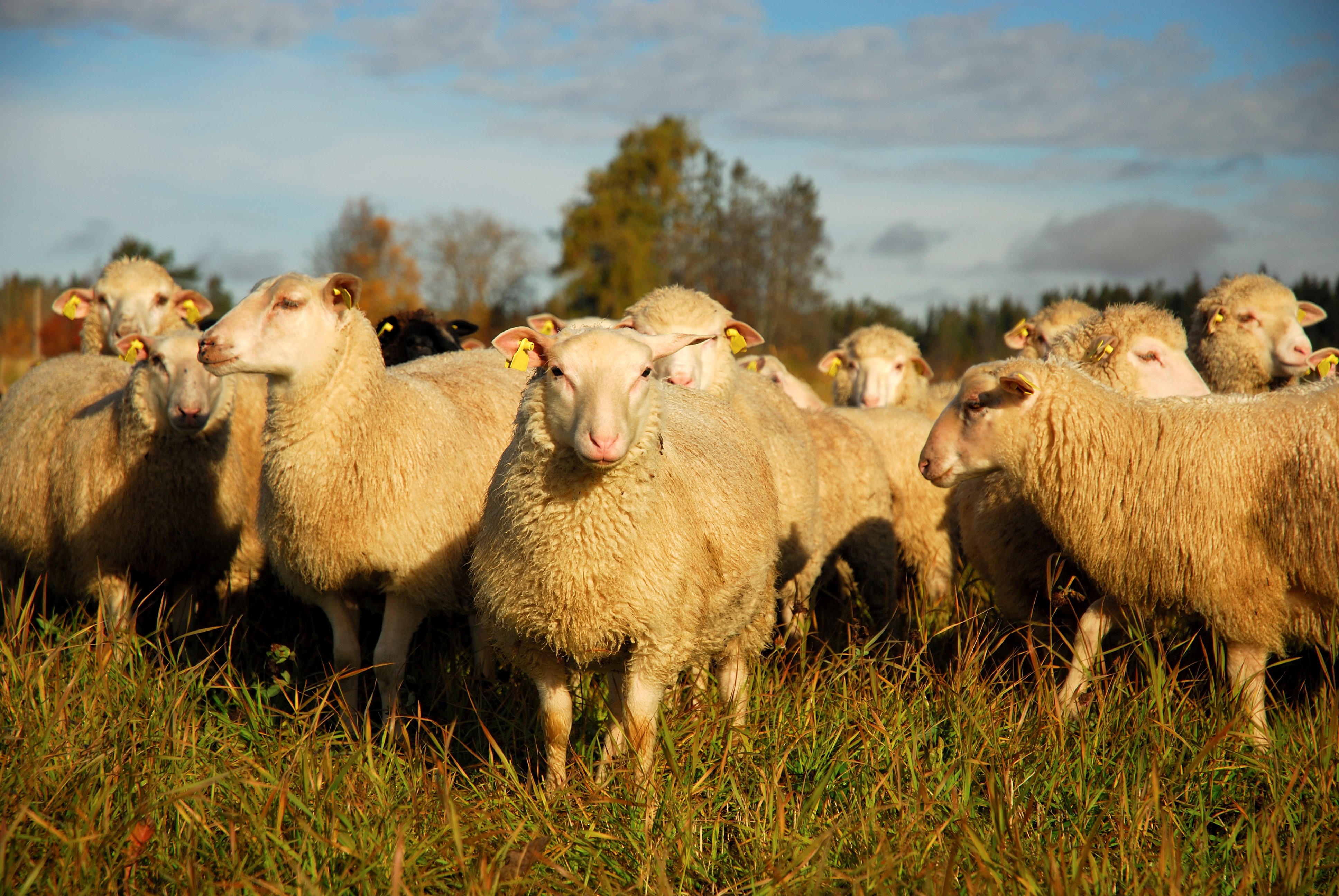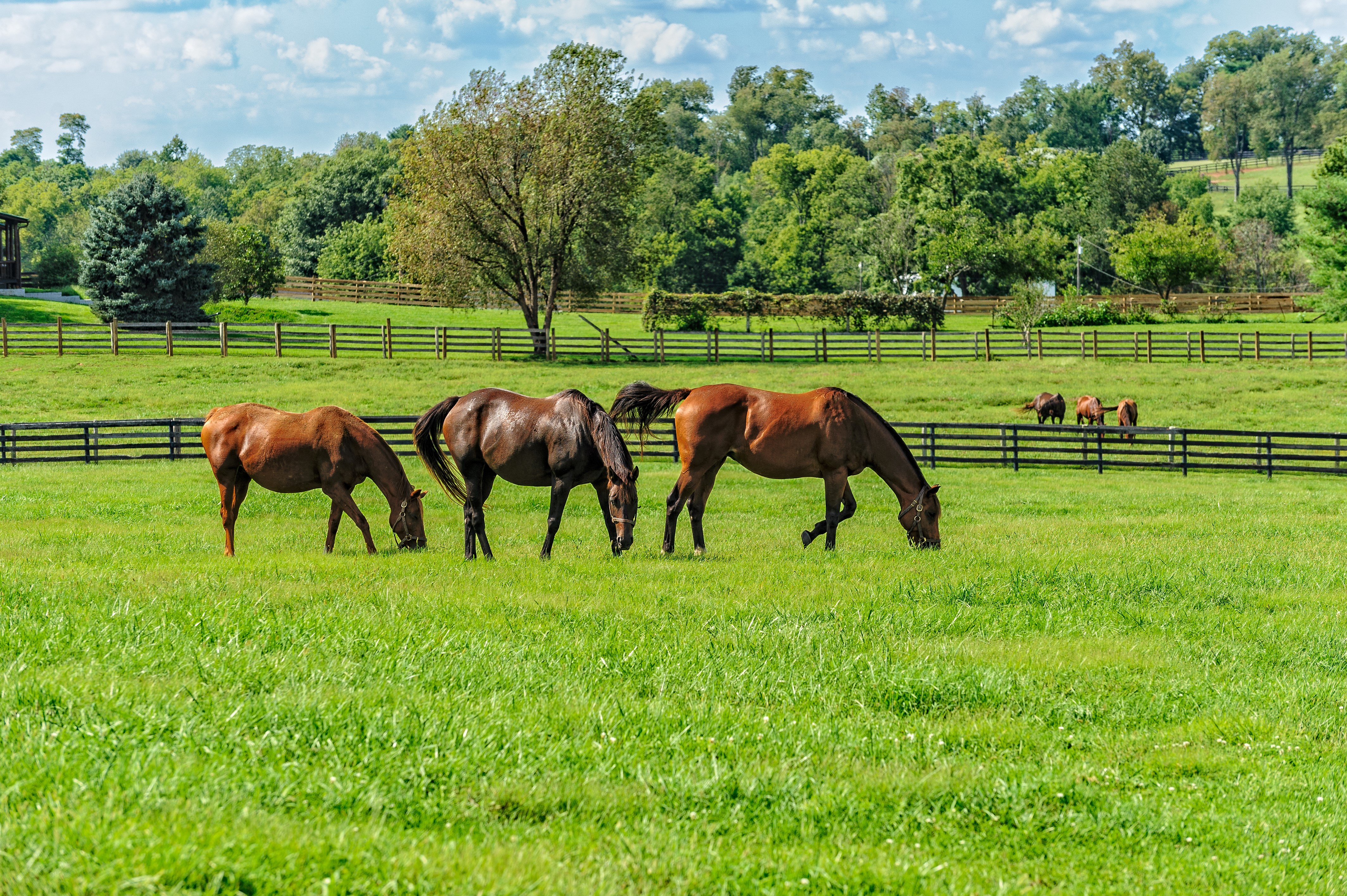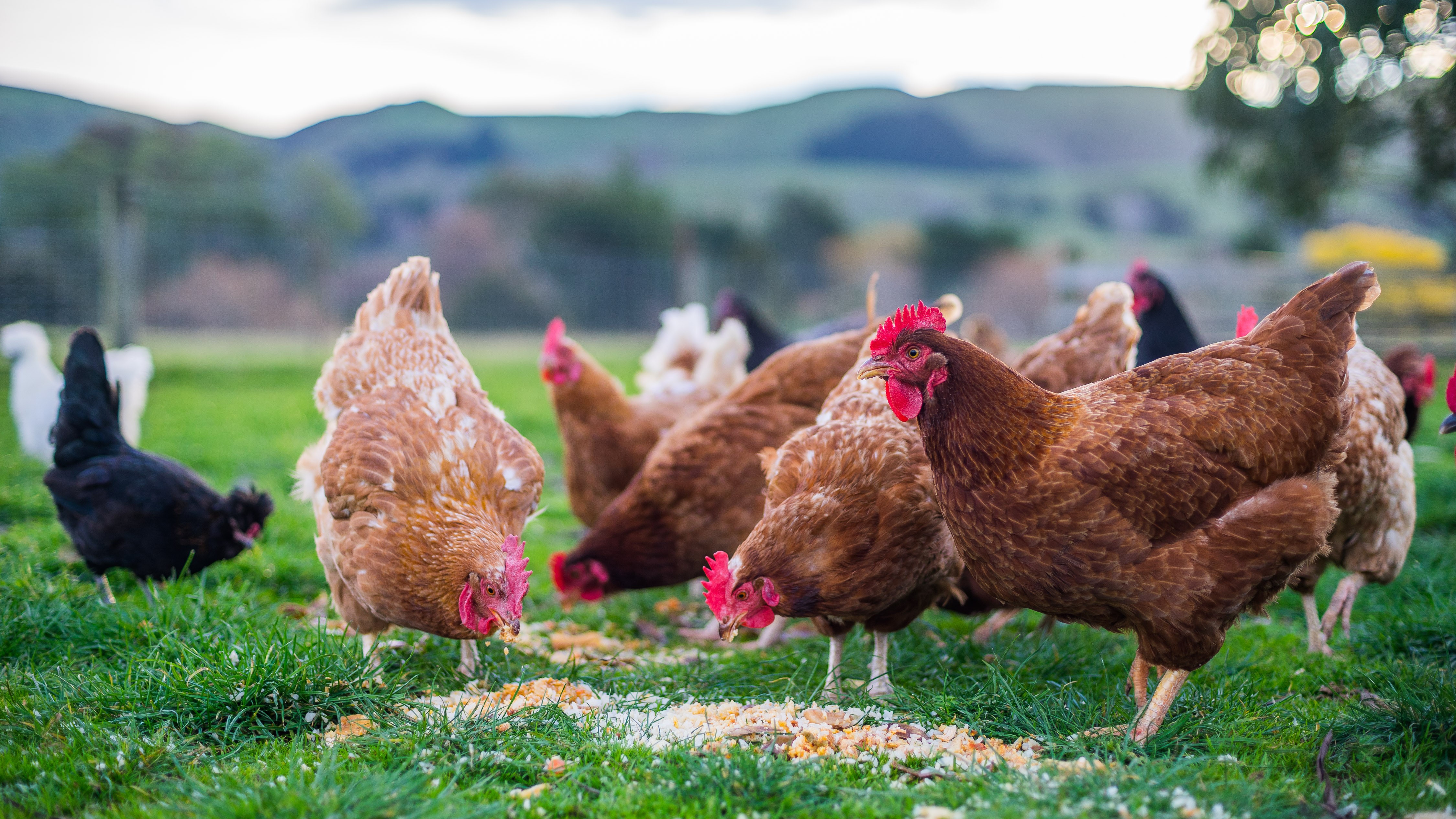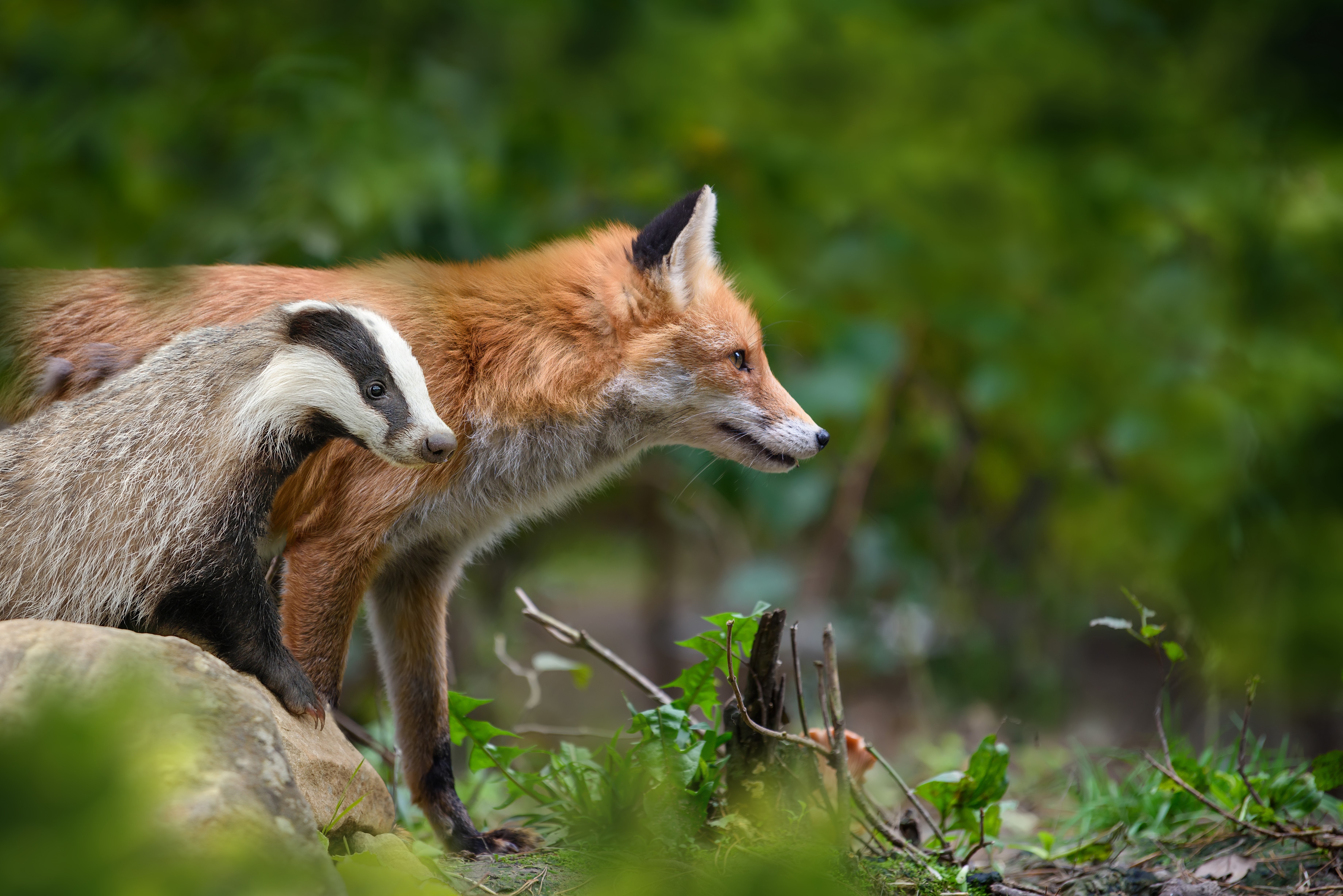Heavy parasite burdens in grazing animals
Due to the mild wet winter which has been followed since by mild and continuous wet weather there is risk of increased parasitic worm burden in grazing animals. With increased worm burden comes reduced productivity and increased clinical disease and potential deaths in our livestock. As well as parasitic gastroenteritis, which is a perennial problem at this time of the year, Regional Veterinary Laboratories report significant issues caused by liver fluke, and on some farms, rumen fluke. Haemonchus (barber’s pole worm), a parasitic worm formerly limited to the warmer climate of the continent and southern UK has been detected this year in the southern half off Ireland, and north of the Dublin-Galway line.
Dependent on the dominant worm or fluke species present on individual farms, clinical signs can range from coughing, scour, ill thrift and / or signs of anaemia.
Because of the range of parasites that are involved, and the need to tailor any control programme to the parasitic challenge and production system on individual farms, it is vital that farmers review their parasite control protocol in conjunction with their private veterinary practitioner to ensure they have a programme tailored to their individual farm’s needs. It is vital that farms review their parasite control measures now, rather than later in the autumn.






